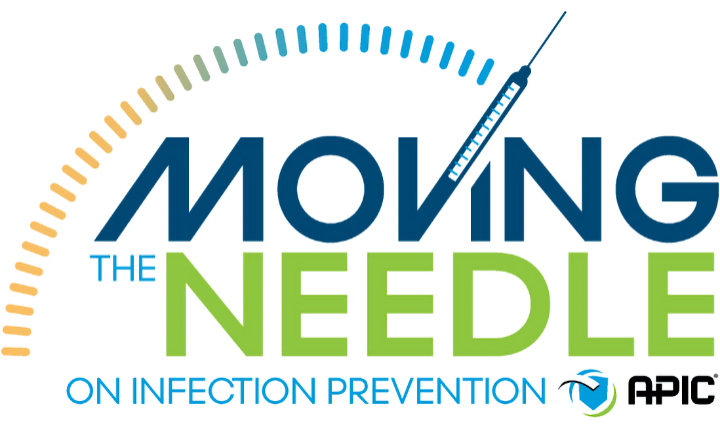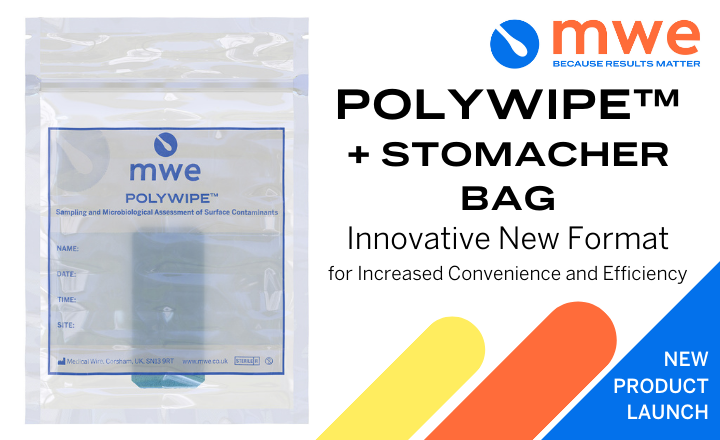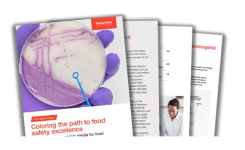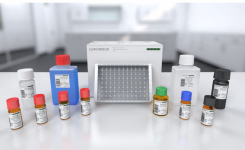QIAGEN N.V. have plans to roll out a portfolio of assays for the QIAsymphony platform to aid in the diagnosis of healthcare-associated infections. The first new test the artus C. difficile QS-RGQ MDx Kit has been submitted to the U.S. Food and Drug Administration (FDA). QIAGEN already launched a C. difficile test in Europe after receiving CE-marking in December.
Along with the C. difficile test, QIAGEN also submitted the automation platform QIAsymphony RGQ MDx to the FDA. QIAsymphony is a modular system that covers entire laboratory workflows from sample to results. It is composed of QIAsymphony SP for sample preparation, the QIAsymphony AS for assay setup, and QIAGEN's real-time PCR detection platform Rotor-Gene Q MDx, which received FDA clearance in 2012. While the QIAsymphony platform has the broadest menu in its category in Europe and other markets, the system is currently primarily used for laboratory developed assays in the United States.
QIAGEN aims to market the broadest test portfolio for healthcare associated infections in Europe, North America and rest of the world. The VanR and MRSA/SA tests are in advanced stage of development and will be submitted for clearance this year, followed by further additions to QIAGEN’s HAI panel as well as other panels.
QIAsymphony content menu expanding
QIAGEN’s portfolio now includes more than 20 CE-marked assays in Europe along with one FDA-cleared and two FDA-approved diagnostic assays in the United States designed to run on the Rotor-Gene Q MDx platform, which is part of the QIAsymphony family. About 35 new tests are currently in development for a variety of biomarkers.
In Profiling of infectious diseases, the RespiFinder RG Panel, a multiplex PCR assay for the simultaneous detection and differentiation of 21 respiratory pathogens, also was recently launched in Europe. It is the first highly multiplexed pathogen assay designed to run on the Rotor-Gene Q.






















